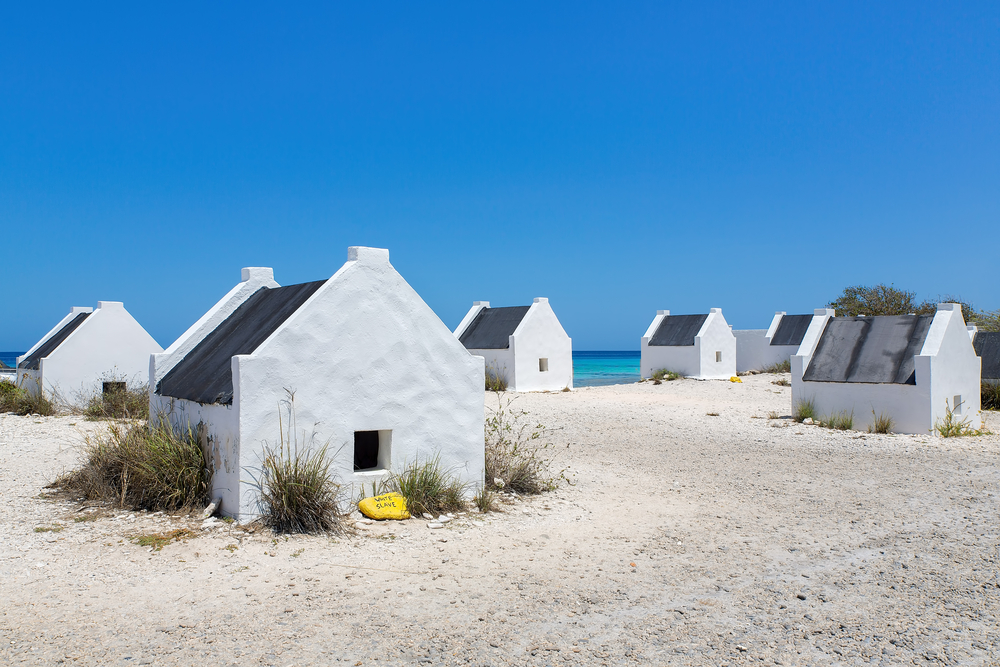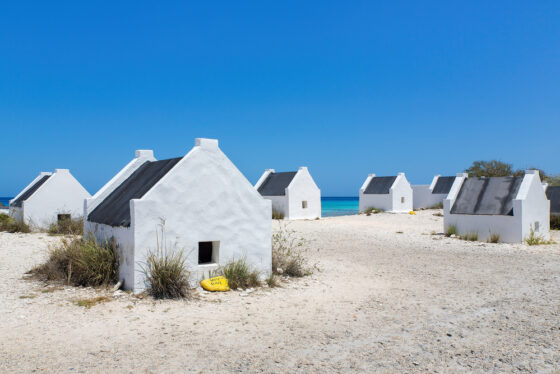Campaigners call for slavery apology to be delayed to next July


A number of organisations campaigning for a formal apology for the Dutch role in slavery have called for the event to be delayed until July 1, 2023.
News website Nu.nl reported on Thursday that the organisations have written to the cabinet urging them to change the date from December 19.
The letter has been sent to home affairs minister Hanke Bruins Slot and her deputy Alexandra van Huffelen, expressing a ‘strong preference’ for a statement on July 1, 2023.
Then it will be 150 years since slavery actually ended in the Netherlands after a 10 year transition period, a date which is celebrated by the Dutch Surinamese and Caribbean communities at Keti Koti and Dia di Abolishon every year.
Prime minister Mark Rutte is holding talks with representatives of the Surinamese and Caribbean communities on Thursday morning.
The cabinet’s plans have been widely criticized and, critics say, highlight the lack of regard for the input of the descendants of slaves.
For example, two prominent organisations had warned prime minister Mark Rutte not to push through the plan without the input of directly involved, so people from Suriname can properly relate to the text and content.
‘The timing, the date, the manner and the content of the apology has not been put to those who will be on the receiving end,’ Mercedes Zandwijken and Machiel Keestra of the Keti Koti Tafel organisation told broadcaster NOS. ‘And December 19 is not a logical day, it has no meaning.’
Campaigners also want king Willem-Alexander, not minister Franc Weerwind, to give the apology in Suriname. Weerwind is himself of Surinamese descent.
Transition
The government has agreed to apologise for slavery after years of campaigning and a parliamentary vote in favour.
The Dutch central bank, ABN Amro bank and the cities of Rotterdam, Utrecht and Amsterdam have all apologised for their role in slavery within the past few years.
Slavery was finally abolished in the former colonies of Suriname and the Dutch Antilles on July 1,1863.
Slavery and the Netherlands: what you need to know
However, slaves in Suriname were only fully freed in 1873, since the law stipulated that there was to be a mandatory 10-year transition period. Owners were also paid compensation of 300 guilders for every enslaved person they released.
At its height in the 1770s, slavery generated over 10% of the gross domestic product of Holland, the richest of the seven Dutch provinces which made up the republic, according to social history researchers.
The income from the tobacco trade, sugar processing and shipbuilding was boosted by the use of slave labour used to grow crops on plantations, according to researchers at the International Institute for Social History.
Other professions, such as notaries and bankers, also benefited from slavery. As a whole, slavery generated some 5.2% of the Netherlands’ GDP – just slightly less than the proportion generated by Rotterdam port today.
Thank you for donating to DutchNews.nl.
We could not provide the Dutch News service, and keep it free of charge, without the generous support of our readers. Your donations allow us to report on issues you tell us matter, and provide you with a summary of the most important Dutch news each day.
Make a donation